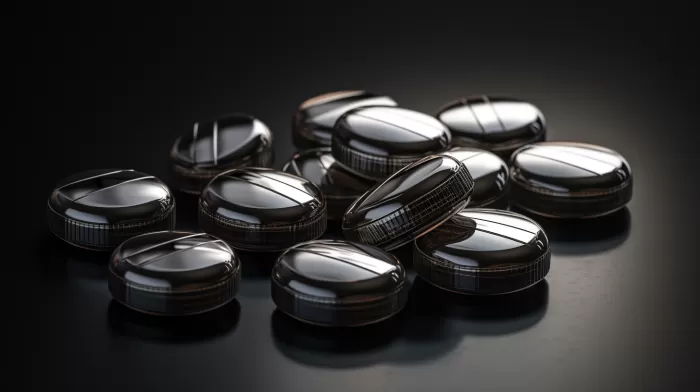If you’re struggling with depression and your current antidepressants aren’t offering much relief, you may want to consider adding a specific dietary supplement to your daily regimen. Researchers at Utah State University have found promising evidence that taking creatine in combination with antidepressant medication can help improve depression symptoms and speed up the process.
Creatine and Depression
To put it simply, creatine is an amino acid made by the body, primarily in the liver, kidneys, and pancreas. It can also be obtained from certain foods, like meat and fish. Most often, creatine supplements are associated with bodybuilders and athletes looking to bulk up and gain more muscle. But now, researchers have discovered significant benefits for those facing mental health challenges, specifically major depressive disorders.
In a collaborative study with scientists from South Korea, participants were given 5 grams of creatine daily in addition to their regular antidepressant medication. The results were eye-opening: women who took creatine alongside their antidepressant had twice the chance of alleviating depression compared to those taking only the antidepressant. Additionally, the women taking creatine responded to their medication twice as fast.
Getting people to feel better more quickly increases the likelihood they will stick with their treatment and ultimately have better outcomes, according to researcher Perry F. Renshaw.
The Research Study
Over the course of eight weeks, the study observed 26 South Korean women aged 19 to 65 who were diagnosed with major depressive disorders. During this time, all participants were taking the antidepressant Lexapro (escitalopram). After the eight-week mark, the results showed that half of the women taking creatine in addition to their medication no longer exhibited signs of depression. In comparison, only 25% of the women taking Lexapro without creatine experienced similar improvement.
Ongoing and Future Research
Given the promising results of this initial study, researchers at Utah State University are currently conducting a larger study to further evaluate the benefits of creatine for women facing depression. As they continue to gather data, it’s important to remember that these findings may not apply to everyone, and you should always consult with a medical professional before altering your treatment plan or adding new supplements to your daily regimen.
If you’re interested in learning more about creatine and its mental health benefits, below are some additional resources you can explore:
- National Institute of Mental Health (NIMH) – As the lead federal agency for research in mental health, NIMH offers a wealth of information on depressive disorders, treatment options, and current research initiatives.
-
The International Society of Sports Nutrition (ISSN) – Although the focus of ISSN is primarily on sports nutrition, their research includes investigations into the use of creatine for a variety of health-related and neurological conditions.
-
PubMed – A comprehensive database of over 30 million citations for various biomedical literature, including articles on creatine and depression.
-
National Center for Complementary and Integrative Health (NCCIH) – The NCCIH is a great resource for information on complementary and integrative health approaches, including dietary supplements and their potential benefits for various health conditions.
In conclusion, the discovery of creatine’s benefits for those facing depression is a significant development in the management of mental health disorders. By working in tandem with antidepressant medications, creatine could potentially offer greater symptom relief and a faster response time for those fighting depression. As researchers continue to investigate the full extent of creatine’s benefits, this promising supplemental treatment could become a crucial element in the ongoing battle against depression.



